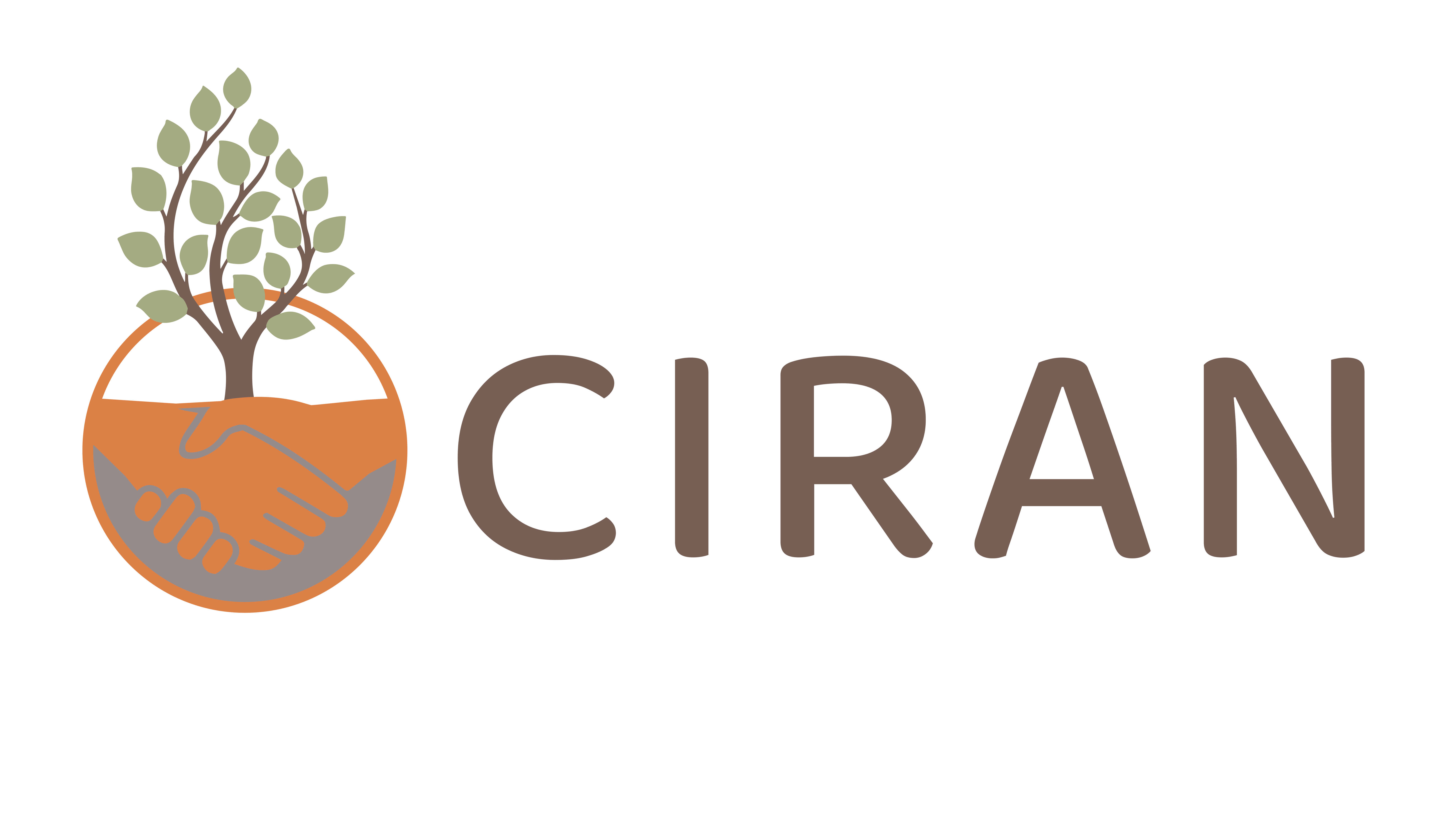CIRAN Hosts Event:
“Harmonizing Mineral Extraction and Nature Conservation: Implications of the EU Critical Raw Materials Act for Europe’s Energy Transition”
On September 5th, 2023, CIRAN, in collaboration with EU-funded projects SUMEX and Re-sourcing, hosted a high-level panel discussion titled “Harmonizing Mineral Extraction and Nature Conservation: Implications of the EU Critical Raw Materials Act for Europe’s Energy Transition” during the World Resources Forum 2023, held in Geneva, Switzerland.
The symposium targeted authorities and policymakers actively engaged in land-use planning, environmental conservation, and mineral resources extraction. The event attracted an impressive audience of over 120 online participants, along with numerous attendees in person.
The discussion was skillfully moderated by Katharina Gugerell from the University of Vienna and featured prominent participants such as Linn Andersonn from Boliden, Dumitru Fornea from the European Economic and Social Committee and NTUC MERIDIAN Romania, Thomas Spoormans from the Permanent Delegation of the EU to the UN Office, José Miguel Martins from the Portuguese Mining Authority, and Julian Hilton – a committed partner of CIRAN- from the EGRM of the United Nations Economic Commission for Europe.
The event commenced with an opening address by Micael Tost of SUMEX, who elucidated the significance of the Critical Raw Materials Act (CRMA). Recently published by the European Commission, the CRMA outlines ambitious goals, including the extraction of 10% of critical raw materials within Europe by 2030. It also proposes measures to streamline mining project permitting, bolster supply disruption management, and uphold stringent social and environmental production standards. Tost underscored that the CRMA seeks to ensure resource security while concurrently supporting the EU’s green deal objectives.
Tost also introduced the three hosting organizations emphasizing their collaborative approach to addressing challenges in the EU’s Critical Raw Materials supply chains.
The moderator then invited the distinguished panelists to share their insights on this intricate policy matter.
Linn Andersonn (Boliden) initiated the discussion by stressing the importance of sustainable practices in implementing the CRMA. Boliden is committed to developing techniques for environmentally responsible metal production while advocating for increased industry-wide awareness, especially among communities residing near mineral deposits as these can not be relocated. She also highlighted the need for streamlined bureaucratic procedures for the transportation of Critical Raw Materials across EU member states.
Thomas Spoormans (EEAS) represented the DG Grows and underscored the alignment of the CRMA with the Net-Zero Industry Act and the EU Green Deal. He emphasized the CRMA’s timeliness in a global context marked by geopolitical tensions and the weaponization of raw materials trade. Spoormans expressed the Commission’s hope for the Act’s approval by year-end to expedite implementation.
Dumitru Fornea (European Economic and Social Committee, NTUC MERIDIAN Romania) emphasized the challenges of implementing Critical Raw Materials policies and the imperative of building trust and governance at local, national, and supranational levels. He stressed that the CRMA promotes strategic autonomy and interdependence while advocating for the need of international partnerships to aid European industries in sustainable material extraction and processing.
José Miguel Martins (Portuguese Mining Authority) outlined Portugal’s approach to balancing mining activities with sustainability. He highlighted Portugal’s recent approval of legislation based on green mining standards, emphasizing stakeholder engagement and consultations as pivotal elements for responsible and sustainable mining practices.
Julian Hilton (EGRM of the United Nations Economic Commission for Europe, CIRAN) concluded the panel discussions, emphasizing the interconnectedness of projects like CIRAN, SUMEX, and Re-sourcing in addressing threats to Europe’s Critical Raw Materials supply chains. Hilton called for the need of increased public trust in mining initiatives and stated that for it to happen the responsible actors of the sector will have improve the trackability and traceability of money and resources. Finally, he advocated that transitioning to a circular economic model is vital, particularly when talking about critical raw materials.
The event concluded with a lively Q&A session with the engaged audience.

